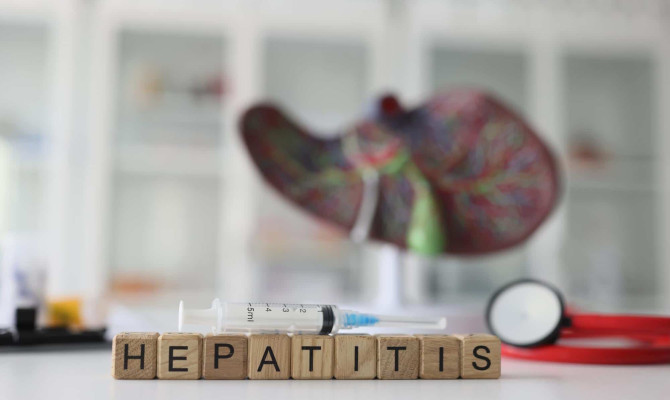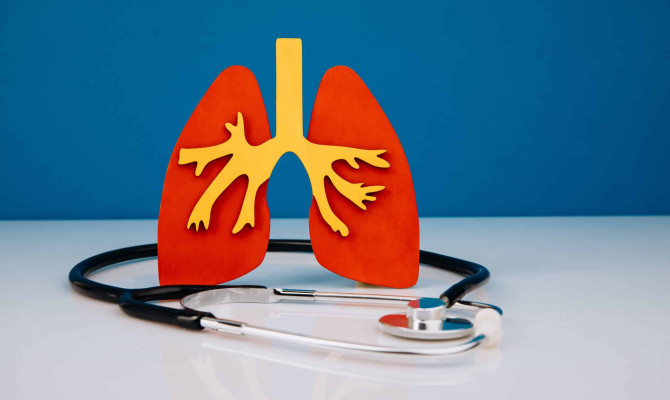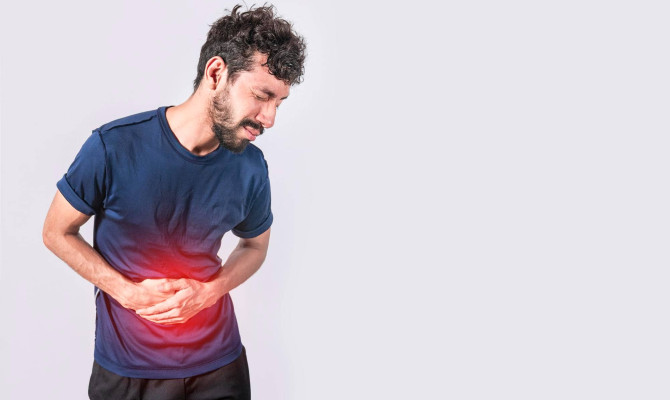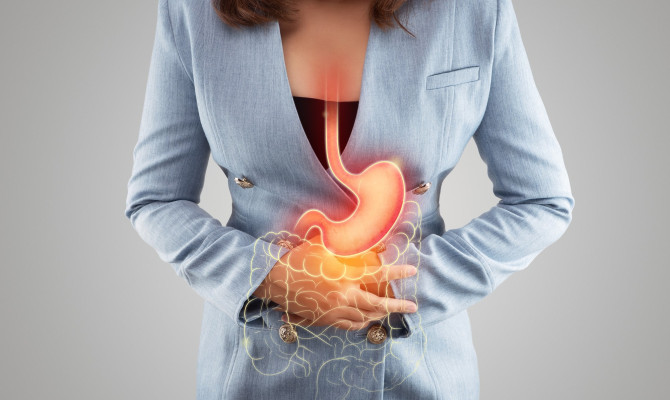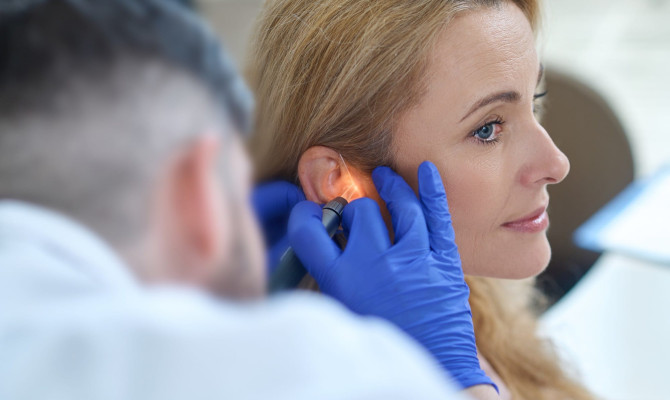Thyroidectomy: Indications, Contraindications, and Complications

- Thyroidectomy
- 01 Sep 2023
Introduction
Introduction
A thyroidectomy refers to the surgical removal of the thyroid gland, which is a gland shaped like a butterfly located in front of the neck. This procedure can involve the complete removal of the gland (total thyroidectomy) or the partial removal of the gland (partial thyroidectomy). Thyroid is a part of the endocrine system that controls a number of critical bodily processes by creating and releasing specific hormones, often known as thyroid hormone. The primary function of the thyroid is to regulate metabolism in the body, which is the rate at which your body converts the carbohydrates, proteins and fats that you eat into energy.

Indications

What are the indications for Thyroidectomy?
Some reasons to have a thyroidectomy are: 1Indications | Researched based study from National Library of Medicine
- Hyperthyroidism
- Goiter
- Thyroid nodules
- Graves’ disease
- Thyroiditis
- Recurrent thyroid cyst
- Concerns about appearance
- Thyroid cancer
Hyperthyroidism:
- A thyroidectomy might be thought of if medicines or radioactive iodine treatments are not enough to control the overactivity of the thyroid gland (hyperthyroidism).
Enlarged thyroid (goiter):
- A thyroidectomy may be needed if a goiter is putting pressure on the airway or stomach and making it hard to breathe or swallow.
Thyroid Nodules:
- Thyroid nodules that look suspicious or are big and could be dangerous or cause other problems might need surgery to get rid of them.
Graves’ Disease:
- A thyroidectomy might be an option for people with serious Graves’ disease who don’t get better with other treatments, like antithyroid drugs or radioactive iodine.
Thyroiditis:
- Surgery may be suggested for people who have painful subacute thyroiditis or Riedel’s thyroiditis.
Recurrent Thyroid Cysts:
- If you have signs or problems because of a big or frequent thyroid cyst, you may need a thyroidectomy.
Concerns About Appearance:
- In rare cases, a thyroidectomy might be done for reasons of appearance, like if the goiter is very big.
Thyroid Cancer:
There are many types of thyroid cancers which requires thyroidectomy, few are listed below
- Follicular carcinoma
- Anaplastic carcinoma of thyroid
- Medullary carcinoma thyroid
- Papillary carcinoma thyroid
- Secondaries (cancer spreading from any other part of the body mostly lungs and kidneys to thyroid gland).
The treating doctor will look at the patient’s medical background, do the right diagnostic tests, and talk with the patient about the best treatment choices based on his or her specific situation.
Types
Types of Thyroidectomies
Thyroidectomies fall into two primary categories: 1Types | Researched based study from National Library of Medicine
- Total
- Partial
Part of your thyroid may be removed during certain partial thyroidectomies, including:
- Hemithyroidectomy
- Isthmusectomy
- Open thyroid biopsy
Hemithyroidectomy:
- A thyroid lobectomy, also known as a hemi-thyroidectomy, involves removing one thyroid lobe.
Isthmusectomy:
- The thyroid isthmus, or tissue between the two lobes of the thyroid, is removed by the surgeon.
Open thyroid biopsy:
- In an open thyroid biopsy, the thyroid nodule is directly removed by the surgeon. Rarely do surgeons carry out this procedure.
- The surgical removal of whole of the thyroid gland or nearly whole of your thyroid gland (Part of the thyroid gland is preserved) is known as a total or near-total thyroidectomy.
Depending on why you need surgery, you may require a certain form of thyroidectomy. Your endocrinologist, your surgeon, and you will decide together on the best surgical strategy for you.
Preparation
Thyroidectomy Preparation
- Comprehensive guidance pertaining to preoperative preparations for a thyroidectomy will be provided by both the endocrinologist and surgeons involved in your care.
- If you are having hyperthyroidism, doctors usually wait till you reach the normal hormonal concentration to avoid complications like thyroid Storm during the surgery.
In the weeks leading up to your surgery, depending on the cause of your need for a thyroidectomy:
- A CT scan (computed tomography) or thyroid ultrasound may be necessary so your surgeon can precisely pinpoint the aberrant thyroid growth during surgery.
- Your doctor may use a fine needle aspiration, a sort of needle biopsy, if you have a nodule to determine whether it is malignant or benign (noncancerous).
- Your doctor might examine the health of your vocal cords.
- To stop the overproduction of thyroid hormones, you might need thyroid medication.
- Try to stop smoking if you smoke.
At least a week before the procedure: 2Preparation | Researched based study from UCSF Department of Surgery
- Discuss all of your prescription and over-the-counter medications with your healthcare physician.
- This includes dietary supplements and botanicals.
- Find out from your doctor which medications you should continue to take the day of surgery.
- You could be asked to temporarily cease taking blood-thinning medication by your doctor.
- You must go many hours without eating or drinking anything besides IV fluids before your surgery.
Procedure
What actually happens during the procedure?
- An anesthesiologist will administer general anesthesia before your procedure in order to make you fall asleep, relax your muscles, and prevent pain.
- For the treatment, a breathing tube will also be inserted down your neck by your medical team.
There are a few methods your surgeon can reach your thyroid during a thyroidectomy, including:
- By making a typical incision in the middle of your neck.
- With the assistance of video camera through a very small incision (minimally invasive video-assisted thyroidectomy).
- Through a long incision in either the back of your neck or the axilla (the area below your armpit through which arteries and nerves enter and exit your upper arm).
Your surgeon is going to operate out, depending on patients’ circumstance:
- If only one thyroid’s lobe is involved (lobectomy).
- If one and half lobe and isthmus of thyroid is removed (near-total thyroidectomy).
- If entire thyroid gland is removed. (Total thyroidectomy).
- Your surgeon might take a sample of the lymph nodes surrounding your thyroid gland during resection for a diagnosis of malignancy.
- If thyroid cancer is suspected, a pathologist will examine a lymph node sample taken during surgery. Your surgeon might also remove neighboring lymph nodes in the neck if they discover malignant cells.
- After finishing, your surgeon will use stitches to close the incision, surgeons usually prefer subcuticular sutures because they are cosmetically superior.
It could take up to two to three hours to completely remove your thyroid depending upon the expertise of the operating surgeon. If your surgeon merely takes off a portion of the thyroid, the procedure will be less time consuming.
After the Surgery
After the surgery
- You’ll probably be able to eat and drink something simple once you’ve fully recovered from anesthesia.
- Due to the breathing tube your medical team inserted after the procedure; your throat can be sore.
- A tiny tube (Mini-Vac) drain may also be inserted into your incision to aid in the drainage of any amassed blood and other fluids.
- One or two days following the procedure, your surgeon will remove the drain.
Care After Thyroidectomy
Diet and swallowing
- Following surgery, you may have difficulty swallowing for a few days to a week, but you’ll recover through it without any intervention.
- Begin with soft meals and can transition to your regular meals.
Medication for pain
- During the first week following surgery, considerable pain and discomfort are typical.
- analgesics will be administered to you as a pain reliever.
Medication for the thyroid
- You will be prescribed thyroid replacement therapy if a complete thyroidectomy was performed, meaning that your entire gland was removed.
- Doctors will monitor your thyroid stimulating hormone (TSH) level (blood test) every six weeks to see if this is the right level.
Calcium supplementation
- Following a complete thyroidectomy, the calcium level might frequently decrease.
- It is advised to restore lost calcium with calcium carbonate tablets (tums) or calcium carbonate with vitamin D, six pills per day approximately.
- For this drug, a prescription is not needed. A potent vitamin D formulation might be administered to you. 3After the surgery | Researched based study from Penn Medicine
I131, a radioactive iodine
- This destroys any tiny thyroid cancer cells that may be present in the body, and is sometimes administered by a radiation oncologist to patients who have been diagnosed with thyroid cancer.
- Not everyone receives radioactive iodine; this is determined case-by-case.
Wound care
- Eight days following surgery, your stitches will be taken out. visit your hospital the week after surgery.
- There might be some swelling in the upper part of the neck and some erythema to the wound for a few weeks.
- This is typical and will soon pass.
Activity
- Four to five days following surgery, you can get back to your regular routine.
- Two days following surgery, regular bathing can be resumed.
- Once you’re at ease, you can get back to your regular schedule.
- Following your body’s guidance and staying within your boundaries are the most important factors.
Food after surgery
- Following surgery, you can eat anything you want. Start with cold beverages, flavored ice pops your favorite flavored ice creams if swallowing is unpleasant.
- Try consuming liquids next, along with soft meals like yogurt, pudding, cooked or canned fruits, mashed potatoes and scrambled eggs.
- Avoid taking clear or crunchy or scratchy meals like raw veggies or chips.
- If you have a cough immediately after drinking, consider consuming thicker beverages, such as smoothies.
- Immediately following surgery, you will notice that the intestinal movements are sluggish.
- This is typical. Steer clear of constipation and difficult bowel motions.
- You might want to consider taking a daily fiber supplement.
- See your doctor about using a moderate laxative if, after a few days, you still haven’t had a bowel movement.
- Painkillers may make you constipated. You can soften your stools by consuming a lot of fluids and high-fiber foods. To see whether it helps, consider utilizing a fiber product. This is available at a drugstore.
Food products to avoid after surgery
- Avoid eating anything that can make you feel constipated.
- Red meat, processed foods, dry or dried foods, and dairy products are a few of them.
Ideally, a few weeks prior to surgery, you should begin this diet. In this approach, following the method, you shouldn’t need to make any significant adjustments.
Risks
Risks
Although complications are rare, thyroidectomy poses the following particularly substantial risks:
- Pain and discomfort
- Scarring
- Hemorrhage/ Bleeding
- Injury to the (RLN) recurrent laryngeal nerve
- Hypocalcemia
A thyroidectomy is typically highly safe if it is carried out by a qualified and experienced surgeon.
Pain and Discomfort
- For the first several days following surgery, some discomfort, pain, and swallowing difficulties are to be expected.
- A soft diet and pain medication might be suggested.
Scarring
- To reduce scarring, thyroidectomy incisions are typically made following natural skin creases.
- Scars typically disappear over time.
Bleeding
- Bleeding following surgery that may cause severe respiratory discomfort.
Nerve Injury
- Injury to a recurrent laryngeal nerve, which in the extremely unlikely event that both nerves are injured, might result in immediate respiratory discomfort and temporary or permanent hoarseness.
Hypocalcemia
- Your parathyroid glands, which are situated behind your thyroid, are damaged.
- These glands release parathyroid hormone, which regulates the amount of calcium in your blood.
- If they are harmed during surgery, it may result in hypocalcemia (low amounts of calcium in the blood), which may be temporary or, less frequently, lifelong hypoparathyroidism.
These problems are uncommon; however, they are more likely to occur if:
- Patient has a neck tumor that is invasive, and/or the malignancy has spread to adjacent lymph nodes.
- You have a substernal goiter, which is a big goiter that extends from the top of the chest to below the collarbone.
- Speak with your surgeon if you have any concerns about potential consequences from the procedure.
Recovery
Recovery time after surgery:
- After a few hours of monitoring in the post operative ward of the hospital, many patients who undergo hemithyroidectomy are able to get discharged from the hospital the same day of their procedure.
- Certain individuals may be required to stay overnight in the hospital and subsequently be discharged the following morning.
- Your healthcare practitioner will explain how you should care for sutures before you leave for home.
- You should be completely recovered in two to three weeks.
Complications
Complications
- A deficiency in thyroid hormone is the main adverse impact of thyroid removal.
- You’ll need to consume everyday thyroid hormone (levothyroxine) tablets for the rest of your life after a near-complete or total thyroidectomy to replace the thyroid hormone your thyroid naturally produced. 4Complications | Researched based study from National Library of Medicine
- Unless you are already taking thyroid medication for hypothyroidism or thyroid function tests show that your thyroid isn’t producing enough hormones, there is an approximately high chance that you need not take thyroid medication if you’ve had a hemi-thyroidectomy or thyroid lobectomy.
Exactly how soon after a thyroidectomy should I call my doctor? 5Complications | Researched based study from The State of Queensland
It’s crucial to notify your doctor if you experience any of the following indicators or circumstances after your thyroidectomy:
- Swelling at the site of the incision.
- Bleeding at the location of the incision.
- Warmth or redness where the incision was made.
- Fever that is atleast 101 degrees.
- Tingling or numbness in your lips, hands, or face (signs of Hypocalcemia).
Summary
An extensive surgical procedure called a thyroidectomy can have a major negative effect on a patient’s health and quality of life. The choice to have a thyroidectomy should be carefully evaluated after consulting with medical experts, even though the procedure is typically safe and successful. Improvements in surgical methods have resulted in better results, lower risks, and faster patient recovery. To guarantee the greatest outcomes for people undergoing thyroidectomy, like with any medical treatment, careful pre-operative assessment, skillful surgery, and suitable post-operative care are important.
Any feedback on this article?
 This Articles content was accurate
This Articles content was accurate Very Informative Article
Very Informative Article I have a question or a comment
I have a question or a comment
 This article contains inaccurate content
This article contains inaccurate content This article was not helpful
This article was not helpful I have a question or a comment
I have a question or a comment
We appreciate your helpful feedback!
Checkout our social pages
References
-
National Library of Medicine
Indications | Types
-
UCSF Department of Surgery
Preparation
-
Penn Medicine
After the surgery
-
National Library of Medicine
Complications
-
The State of Queensland
Complications












